Master's degrees
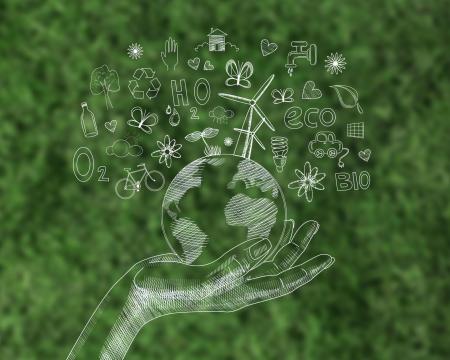
The “Economics and Technologies for Sustainability” master’s degree is an interdisciplinary program addressing global challenges through a blend of economics, technology, and sustainability principles. It focuses on equipping students with skills to tackle pressing issues such as resource scarcity, energy challenges, the transition to a sustainable production, circular economies, and strategies to identify and economically valorize sustainability implementations, and the socio-political aspects of sustainability and its realization.
Interdisciplinary classes in both economic and natural sciences cover planetary resources, renewable and non-renewable resource economics, environmental economics, sustainable production technologies, concepts of energy generation and storage, carbon neutrality and carbon negativity, waste valorization strategies, sustainability identification, certification systems, sustainability-driven strategies for businesses, socio-political possibilities for implementing sustainability across societies in a changing world.
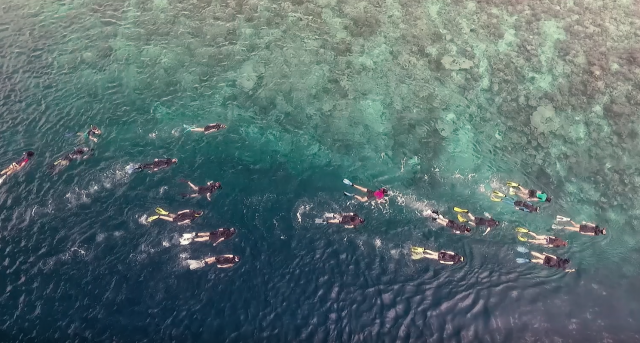
The international MSc Program in Marine Sciences will allow the student to develop their skills in one of the following learning areas:
- Bio-Ecological;
- Geo-Environmental;
- Geographical and Legal
Students can acquire theoretical knowledge and practical experience on the following subjects:
- natural resources (management of reserves and protected areas, programs for tourism cultural training);
- coastal protection (regional planning, advisory services on coastal erosion, prevention of biodiversity loss due to anthropogenic impacts);
- fisheries and aquaculture (provision of expert consultancy services on fishing activities and fish farming);
- maritime spatial planning: advisory services on natural, social, legal and regional planning issues.
Students develop skills to conceive solutions and develop strategies in order to tackle and manage environmental issues in marine and coastal areas. In particular, the student will be able to study and analyse: a) natural processes and related risks, with reference to the marine ecosystem (chemical,
biological, ecological, earth sciences fields); b) human interactions with the marine system (socio-economic and legal fields), for a policy of sustainable management and protection from anthropogenic risks in oceanic and coastal environments.
Careers are highly varied and may include marine aquaculture, conservation practice, environmental monitoring and consultancy. They may also include policy-making and legislation for agencies and local government, journal editing and scientific writing, or laboratory research. The Programme also provides a solid grounding for post-graduate studies, such as second level Masters or PhD schools.
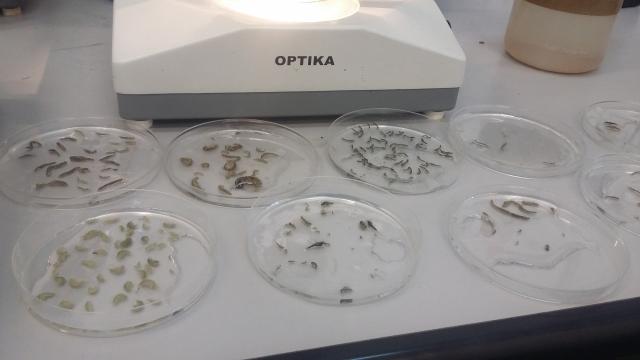
The two-year Master of Science Degree in Sciences and Technologies for the Environment and Landscape (Laurea Magistrale in Scienze e Tecnologie per l’Ambiente e il Territorio) represents the evolution – with the Bachelor of Science Degree in Environmental Sciences and Technologies – of the five-year undergraduate course in Environmental Sciences, that was activated first in Lombardy and third in Italy in 1991 and still remains unique in the Milan area.
The Master is a flexible and coherent study programme that prepares students for employment in a variety of careers. Students will have the opportunity to acquire specialized knowledge and understanding in a specific area of the environmental sciences, whilst maintaining a broader view of the environment on an interdisciplinary and multidisciplinary basis.
The programme aims to provide students with:
- a thorough understanding of the functioning and management of the environment and of the interactions between the environment and society;
- the knowledge of methods and techniques of land survey and data analysis;
- the knowledge of the technologies for pollution prevention, detection, control and remediation;
- the conceptual tools to identify, prevent, assess, and manage risk and protect human health and the environment;
- the ability to monitor, control and manage the environment and ecological systems;
- the conceptual understanding of sustainability and environmental ethics;
- skills for the assessment of environmental resources and problems associated with their exploitation;
- the conceptual and methodological tools provided by economics, law and landscape planning.
The course prepares students for jobs in both the public and private sectors, and within local and national institutions. Some students follow PhD programs after this course.
Information about enrollment and courses taught in English.
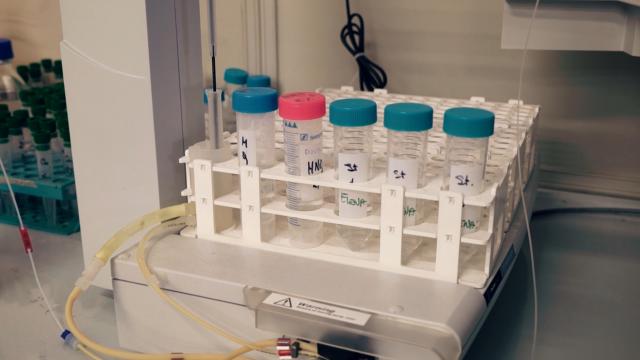
The Master's Degree in Chemical Sciences and Technologies belongs to the Class of Degrees in Chemical Sciences (LM-54), has a duration of two years and involves the acquisition of 120 university credits (UC) for the achievement of the degree. There are 11 exams that provide for the acquisition of 78 UC. The remaining credits will be acquired through other educational activities such as the thesis (30 UC), seminars (1 UC) and the final exam (11 UC). Indicatively, the scheduled examinations are 9 in the first year and 2 in the second year. The final experimental activity (thesis and final exam: 41 CFU), will allow the student to acquire high-level skills and knowledge in modern sectors of Chemistry, such as the Chemistry of Materials and Advanced Technologies, the Environmental Chemistry and Chemistry of Biotechnology and Human Health.
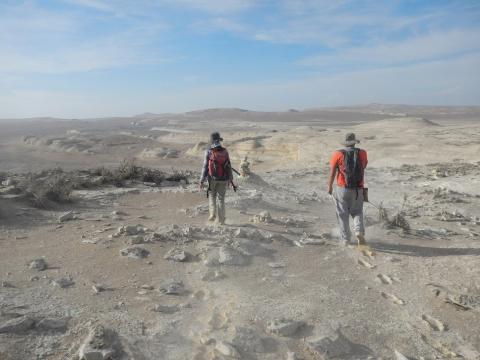
Curricula
- Geology and Geodynamics
- Applied Geology
- Marine geology
Teaching goals
Geology and Geodynamics: Master students will acquire the capacity to analyse and understand both endogenous and exogenous geological processes at the regional scale, with specific focus on the tectonic evolution of active and passive margins and related erosional and sedimentary processes. Particular emphasis will be dedicated to the techniques to analyse volcanic and seismic hazards and risks, to problems of the management of fluvial catchments and littoral cells based on modern techniques to collect data in the field, and to studies of sediments and sedimentary rocks aimed at the identification and characterization of potential hydrocarbon reservoirs.
Applied Geology : Master students will achieve the ability to successfully face problems involving land use planning, evaluation and mitigation of diverse geological risks, aquifer modelling to optimize water resources and monitor the dispersal of contaminants, and civil engineering works on the surface and in the subsurface.
Marine Geology: Master students will learn how to investigate the complex interactions between the lithosphere, the biosphere, the hydrosphere and the atmosphere, and the nature of biogeochemical fluxes characterizing the marine ecosystem. Specific attention will be dedicated to the analysis of hazard and risks in continental shelf and slope areas. Courses are specifically dedicated to the geobiology of modern environments, to the reconstruction of ancient environments, and to both natural and human impacts on climatic change throughout the Quaternary and Anthropocene.
Career opportunities
Master students can find opportunities in a vast range of professional activities including programming and construction management, field test and monitoring of geological applications, assessment of hydrogeological, seismic and volcanic hazard and risk, management and modelling of environmental datasets with innovative approaches.
The Master degree in Geological Sciences and Geo-technology allows registration to Section A (Geologists) of the Professional register Italian Order of Geologists after passing the state exam.